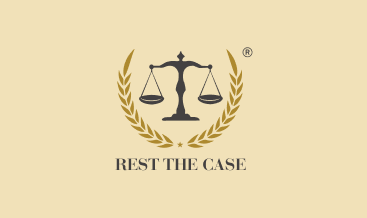Know The Law
IMPLIED TERM

The rights, obligations, and duties of parties are determined by the terms of a contract. But everything cannot sufficiently be covered in a particular contract through express terms, therefore we have Implied Terms. As the name suggests, terms that are actually implied into a contract without necessarily being written down or said by the parties.
Gaps created in an expressed contract are filled by Implied Terms through - Customs, Court, and Statute. It exists as a form of redress filling the contractual gaps. Implied terms are intended to prevent instances of fraud by omission by one party to another. Ex - A buyer while buying a product assumes the product to be free of defects. If the seller is aware of mechanical issues of the product, Implied terms compel him to disclose those defects to the buyer.
However, convincing a court regarding Implied terms may require a lot of effort. Therefore, courts in a situation such as implied terms prefer interpreting those terms. The court may interpret in such a manner that will require the parties to do what is necessary to be done in order to perform the contract. A bench comprising of Justices Rohinton F. Nariman and Sanjay Kishan Kaul has held that - the Concept of implied should come into the picture only when there is a necessity. The bench also analyzed the requirements for implied terms:
- Reasonable and equitable;
- Give business efficacy to the contract;
- Clear expression
- Not contradict with expressed terms.
Generally, parties try to put out everything in a contract through express terms, making it lengthy and elaborate. Parties avoid implied terms as they don’t want to rely upon the court’s interpretation. However, few implied terms are generally applied to every contract such as performance of their duty, duty to sell non-defective products, performance with reasonable skills, wages as per the Minimum Wage Act.




